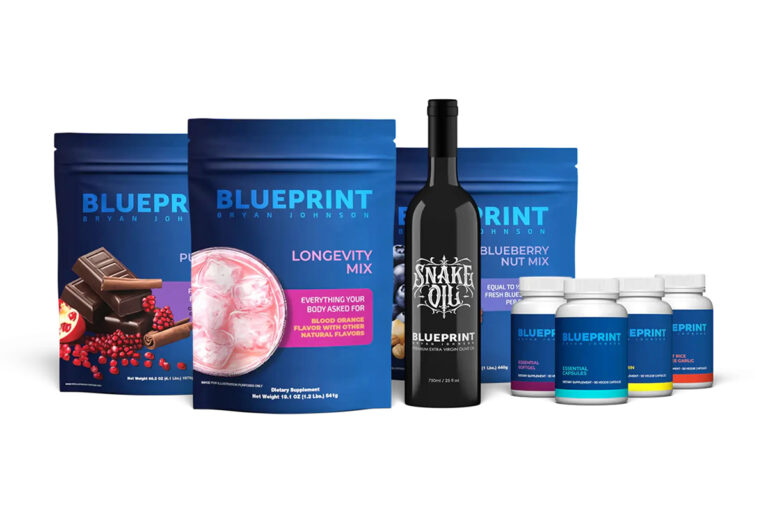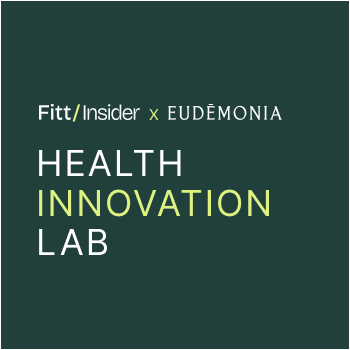French health tech company Withings will debut its smartwatch in the United States this winter after receiving a first-of-its-kind FDA clearance.
The announcement came four days after Apple started accepting pre-orders of its seventh-generation watch.
Finding Its Pulse
Withings isn’t a household name in the US, but the connected device maker has a history dating back nearly two decades:
- 2008: French engineer Éric Carreel founded the company, launching fitness trackers and smart bathroom scales.
- 2016: Telecom giant Nokia acquired Withings for $200M, rebranding it to Nokia Digital Health.
- 2018: Disappointed by the brand’s direction under Nokia, a year after his departure, Carreel returned to buy back Withings in 2018.
- 2020: Prioritizing healthcare over fitness tracking, the revived Withings raised $60M in a Series B round to scale its medical-grade, noninvasive health devices.
Its latest product, a wrist-worn health tracker called ScanWatch, is a first of its kind. Popular in Europe and Australia, the smartwatch’s stylish analog face and artisan craftsmanship aren’t the big selling point.
After a year of uncertainty, the US Food and Drug Administration gave the nod for both the ScanWatch’s EKG (electrocardiogram) and pulse oximeter (a blood oxygen sensor). And that’s one step further than any other competitor in the world of wearable devices.
Medical-Grade Wearable
In 2018, Apple cleared its EKG feature with the FDA, a tool measuring heart rate and rhythm to flag the presence of atrial fibrillation (AFib). Samsung achieved the same status in 2020.
More interesting is the abundance of wearables offering metrics that seek to identify a different disorder: sleep apnea.
- Amazon’s Halo Band boasts radar and 3D monitoring capabilities to assist “sleep hygiene.”
- WHOOP, a pioneer of heart rate variability, was found to be the most accurate wearable for tracking sleep staging in an independent study.
- Fitbit has long been pursuing official approval for its blood oxygen sensors.
- Apple’s Series 6 watch debuted a blood oxygen monitor.
But it appears the new ScanWatch has caught its competitors sleeping.
With FDA clearance for its pulse oximeter, Withings officially moves ahead as a class II medical device, allowing the French company a privilege that has evaded Samsung, Fitbit, and Apple: making a diagnosis.
All three companies bypassed FDA approval on their pulse oximeters by categorizing their purpose as a “wellness” add-on, meaning they’re prohibited from suggesting its readings are part of an underlying health condition.
Withings’ clinical studies show that it can detect nighttime breathing problems through accurate measurement of blood oxygen levels, heart rate, and movement. Being FDA-approved, any flagged data could be shared with a medical provider, who could substantiate a suspected sleep apnea diagnosis.
A step further, the monitor’s fine SP02 (oxygen saturation) measurements have been used for detecting chronic pulmonary diseases like COPD, as well as COVID-19, in wearers.
All in, it’s a large, intrusive step into Apple’s court, which has claimed its greatest contribution to mankind will be to healthcare, not “wellness.”
Takeaway: Yet another wearable in the US market adds to growing parity between options. But while the battle for your wrist has been ongoing for years, the war for who gets to speak with your doctor is just heating up.






